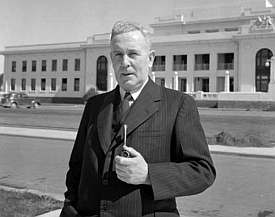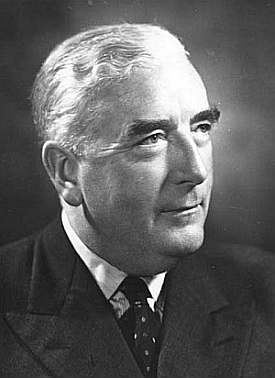John F. Kennedy visits Ireland, 1963. British Pathe newsreel
Narrator: The wheels of the Presidential airliner were running on Irish soil. The cheers of Berlin were still ringing in his ears. But how different it all was now.
John F Kennedy was in the land of his forebears. And there to bid him welcome was President De Valera, himself no less a fighter for freedom than the chief executive of the United States.
This youthful man who has revivified the government of the great republic across the ocean had a firm determined step as he went to inspect the guard of honour of 187 men drawn from the 5th Infantry Battalion. Soldiers, these men, who have known active service, for the battalion served the cause of the United Nations in the Congo.
Mr Kennedy is the first American president ever to visit Ireland during his first term of office. That alone would make this a memorable occasion. But there is more to it than that. For as many reflected while President De Valera made his speech of welcome, this is the man whose grandfather Patrick Kennedy somehow scraped together the 4 pounds for a sailing ship passage nd emigrated to the United States.
In the hungry years of the mid-19th century, when adversity drove hundreds of thousands to leave their beloved Ireland, they used to call it seeking their fortune. And the man now driving to Dublin has achieved fortune beyond their wildest dreams. He was coming to the capital of Eire as the head of the greatest nation in the world.
Already thousands were converging upon O’Connell St. For several days the Kennedy visit had been the number one topic of conversation. At last the President was in Dublin. Ireland and America, warm friends for 100 years share in this dynamic man a symbol of their common faith and liberty. The motorcade was cheered by fully a quarter million people.
Wexford beckoned Mr Kennedy on a sentimental pilgrimage. At nearby Dunganstown is cherished the family homestead on which Patrick Kennedy turned his back 100 years ago. The hostess today was a second cousin of the President, Mrs Mary Ryan, who farms there now. Many Kennedys are to be found in the district, several of them the President’s cousins. Scores of people who could claim no relationship had come from near and far to be present. Even to see this teaparty was something none of them will forget.
Mr Kennedy was spending four days in Ireland but the programme was crowded. So all too soon the time came for him to bid Dunganstown and its friendly people goodbye. And there to whisk him away was something few of them had seen before. Certainly not on the doorstep. A helicopter!
Wexford shared with Dunganstown in the President’s homecoming. They could hardly muster the enormous crowds who had cheered him in Germany, but this was a different kind of warmth. Welcoming one in whose veins there’s not a drop of blood that’s not Irish. The Mayor presented Mr Kennedy with a casket containing the scroll of freedom, making him the 13th freeman of an historic borough.
The President then left to return to Dublin. And what a crowd there was in the grounds of the Presidential Residence for the garden party Mr De Valera gave in the visitor’s honour. The film star June Thorburn got close enough to see Mr Kennedy, which is probably more than hundreds there were able to do. Everywhere Mr Kennedy, went they could apply that famous old saying:
It was a great day for the Irish.


